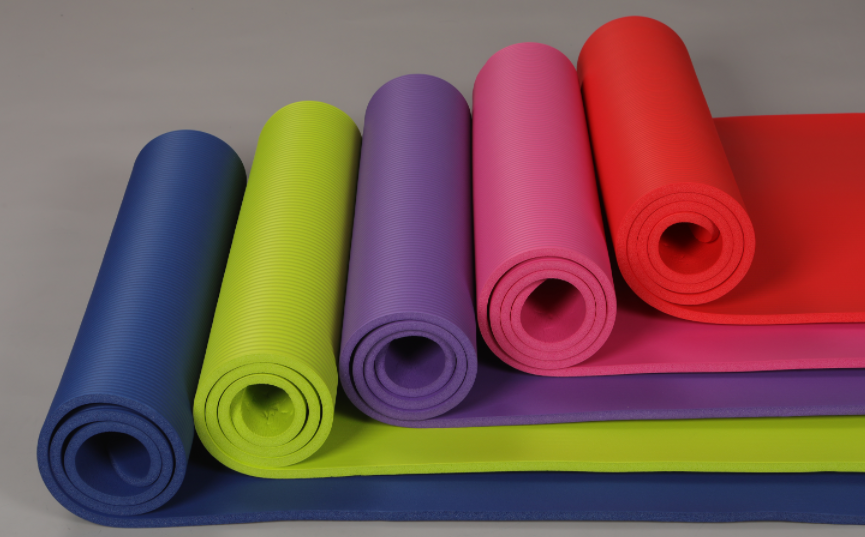E-mail: marketing@hbhuamei.com
Glass wool insulation is a popular choice for improving energy efficiency and thermal comfort in buildings. However, like any construction material, it's essential to be aware of safety and health considerations when working with glass wool insulation. In this article, we will explore important safety and health factors associated with glass wool insulation.

Glass wool insulation, also known as fiberglass insulation, is made from tiny glass fibers that trap air and create an effective thermal barrier. It is commonly used in walls, ceilings, roofs, and floors to prevent heat transfer and improve energy efficiency.
When handling glass wool insulation, it's crucial to follow safety guidelines to protect yourself from potential hazards. Here are some key safety considerations:
Wear appropriate protective gear, including gloves, long sleeves, pants, and a mask, to prevent skin irritation and respiratory issues. Safety goggles can also protect your eyes from glass fibers.
Ensure that glass wool insulation is properly installed, with no gaps or exposed areas. This reduces the risk of contact with the insulation material.
Minimize direct contact with glass wool as much as possible. Refrain from rubbing or itching any irritated skin areas.
Work in well-ventilated areas to reduce the concentration of airborne fibers. Use exhaust fans or open windows if you're working indoors.
Understanding the potential health risks associated with glass wool insulation is essential for safe handling. Here are some health considerations:
Inhaling glass wool fibers can cause respiratory discomfort. If you experience coughing, shortness of breath, or chest tightness, seek fresh air and medical attention if necessary.
Contact with exposed skin may lead to itching and irritation. Wash the affected area thoroughly with soap and water if skin contact occurs.
Wearing safety goggles can prevent glass wool fibers from entering your eyes, which can cause irritation and discomfort.
A: Glass wool insulation is safe when properly installed and handled with appropriate protective gear. It does not emit harmful fumes and is not a respiratory hazard when managed correctly.
A: To protect yourself, wear gloves, a mask, safety goggles, and suitable clothing. Follow installation guidelines, work in well-ventilated areas, and avoid direct contact with the insulation material.

In conclusion, while glass wool insulation is an effective thermal barrier with numerous benefits, it's essential to prioritize safety and health when working with this material. By following proper precautions and guidelines, you can minimize potential risks and ensure a safe working environment.
Copyright © Huamei Energy-saving Technology Group Co., Ltd. All Rights Reserved | Sitemap | Privacy Policy
Insulation solutions LIST: Insulation solutions LIST